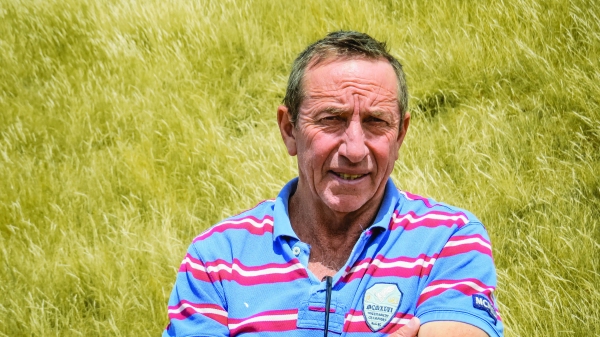How a regional climate history helped save a farm and cure depression
Former South Island Farmer of the Year Doug Avery has become well known for his advice on tackling depression.
Avery’s story of beating eight years of drought on his family Marlborough sheep farm is also a story of beating depression. It has morphed into a new book, The Resilient Farmer.
The book’s solution to both environmental and mental pressure is to step back and see the big picture – and in that picture, he says, you can find hope.
“If you look for it, in everything that happens – even the worst thing – there’s always something that is positive,” Avery writes.
In the middle of what eventually turned out to be a 19-year drought between 1988 and 2007, it would have been very hard to find anything positive.
Avery says in the book that he got experts to help him work out how to transform the farm to grow and use lucerne as the main feed for his sheep.
“We had the specialists. On climate issues, we also got input from NIWA’s Alan Porteous. He offered to climate-model our farm back to 1890.
“What good would that be?” I wondered. But the modelling was amazing, giving me deep insights into our past and the stories my grandfather and father had told me.
“NIWA’s modelling confirmed I had gone through the worst drought in recorded time, and that knowledge helped me feel better.”
It also confirmed that farming in the location was always going to be tough. He and his wife were determined to stay on the farm, but knew they had to change their whole approach to farming.
“We created a continuous, year-round approach to interconnected land use, rotating crops and herds, using methods that trap in the ground what moisture we get in one season for use in the next.”
Although it was tough going, the switch to lucerne and methods more in tune with the local conditions began to pay off. Avery became an evangelist, touring the country teaching others about the systems.
During these talks he noticed that many people were even more interested in how he had survived the mentally tough times.
“They wanted to talk about how I managed to get myself feeling happy again.”
Avery’s advice to dealing with emotions mimics the approach he took to dealing with his farm: seek out help.
“If we get another pair of eyes on the job… that’s when change becomes possible.”

